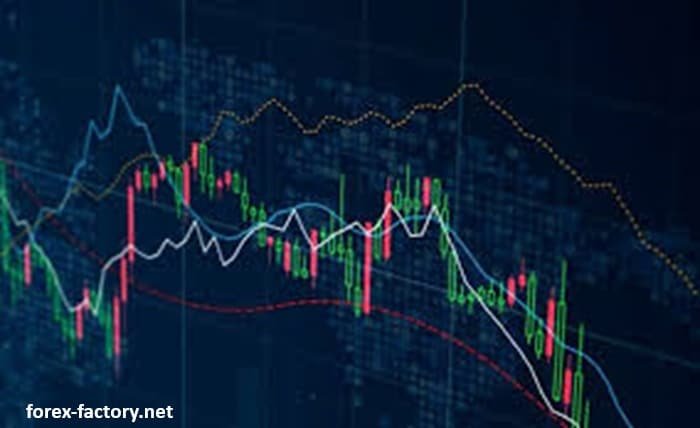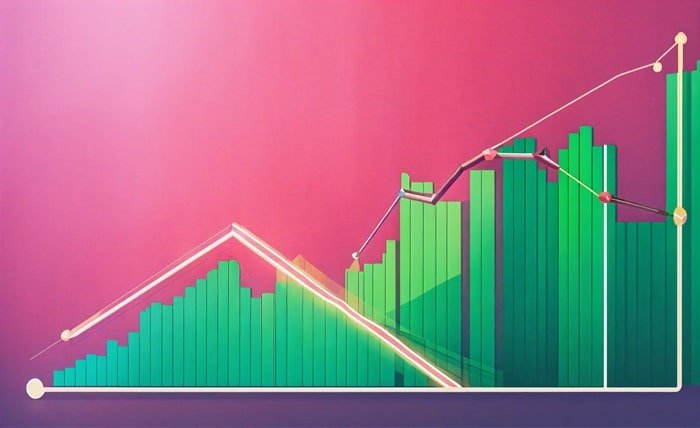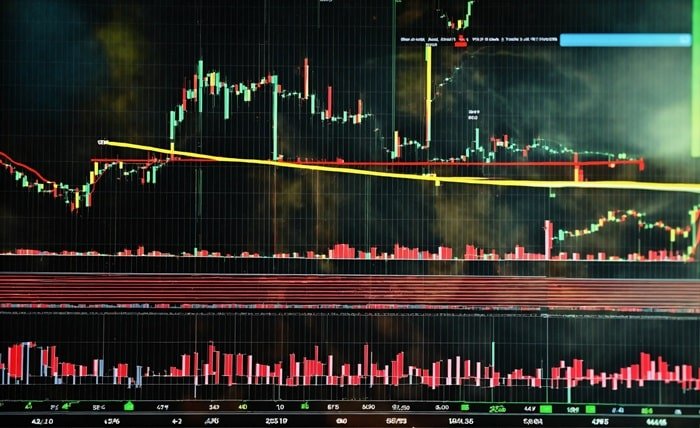With billions of dollars changing hands every day, the foreign exchange market, or forex for short, is the biggest financial market in the world. Astute individuals can potentially profit from fluctuations in exchange rates, as it serves as a platform for the exchange of different currencies. However, not everyone possesses the necessary skills for forex trades. Before beginning, it’s crucial to understand the fundamentals of forex trading.
Recognizing Currency Pairs:
The Basis of Foreign Exchange Trading
A forex exchange always quotes two currencies as a pair. For instance, EUR/USD shows how much the Euro (EUR) is worth to the US Dollar (USD). The base currency is the first (EUR), while the quote currency is the second (USD). In essence, a trade is the purchase or sale of one currency for another to profit from future changes in value.
The Double-Edged Sword of Leverage Allure
One important aspect of forex trading that enables traders to manage a larger position with less money is leverage. Leverage may increase potential gains, but it can also increase losses. Since forex trading sometimes involves large leverage, it’s critical to comprehend risk management.
Tools of the Trade: Technical vs. Fundamental Analysis
To make wise choices, forex traders employ a variety of instruments and techniques. To find trading opportunities, technical analysis examines past price charts and technical indicators. Economic variables that might affect currency values, such as interest rates, inflation, and political developments, are the main focus of fundamental analysis.
The Value of Risk Management: Safeguarding Your Investment
There are hazards associated with trading forex. Using efficient risk management techniques is essential to safeguarding your investment. Essential practices include keeping a good balance between risk and profit and placing stop-loss orders to limit possible losses.
Selecting the Best Platform: Where to Place Trades in Forex
A multitude of online forex trading platforms provide the resources and tools needed to execute transactions. You must conduct thorough research and choose a reliable, licensed broker before beginning your forex trading career.
Achieving Success by Beginning Small and Learning Constantly
It takes commitment, self-control, and ongoing learning to trade forex. We encourage beginners to start with minimal amounts and experiment using a demo account to develop expertise before risking real money.
Forex Trading: A Lucrative But Dangerous Route
Although there is a chance to make large gains with forex trading, it is not a get-rich-quick plan. Success in this dynamic market requires a thorough understanding of the risks, the development of strong strategies, and effective risk management.
Conclusion
Although the world of foreign exchange trading may be thrilling and profitable, it requires a lot of time, energy, and knowledge commitment. Determine how much risk you can tolerate before you trade forex, become well-informed, and start off slowly. For those who are ready for the challenges that come with it, forex trading may be a lucrative career path with the appropriate approach and dedication to learning.
FAQs:
- What is the bare minimum required to open an FX trading account?
Depending on the broker, the minimum amount may vary, but it’s a good idea to start modest and build your money gradually as you acquire expertise. - Is trading forex a secure means of earning money?
Trading forex has a high level of risk, and losses are possible. To reduce losses, effective risk management is essential. - What advantages does forex trading offer?
Benefits include the possibility of large earnings, access to the market around the clock, and leverage. - Which websites are useful for learning about foreign exchange trading?
Valuable learning tools are available on several websites for trustworthy forex brokers, educational platforms, and online courses. - To become a forex trader, do I need a degree?
While a degree is not required, having a solid background in arithmetic, economics, and finance may be quite helpful.




